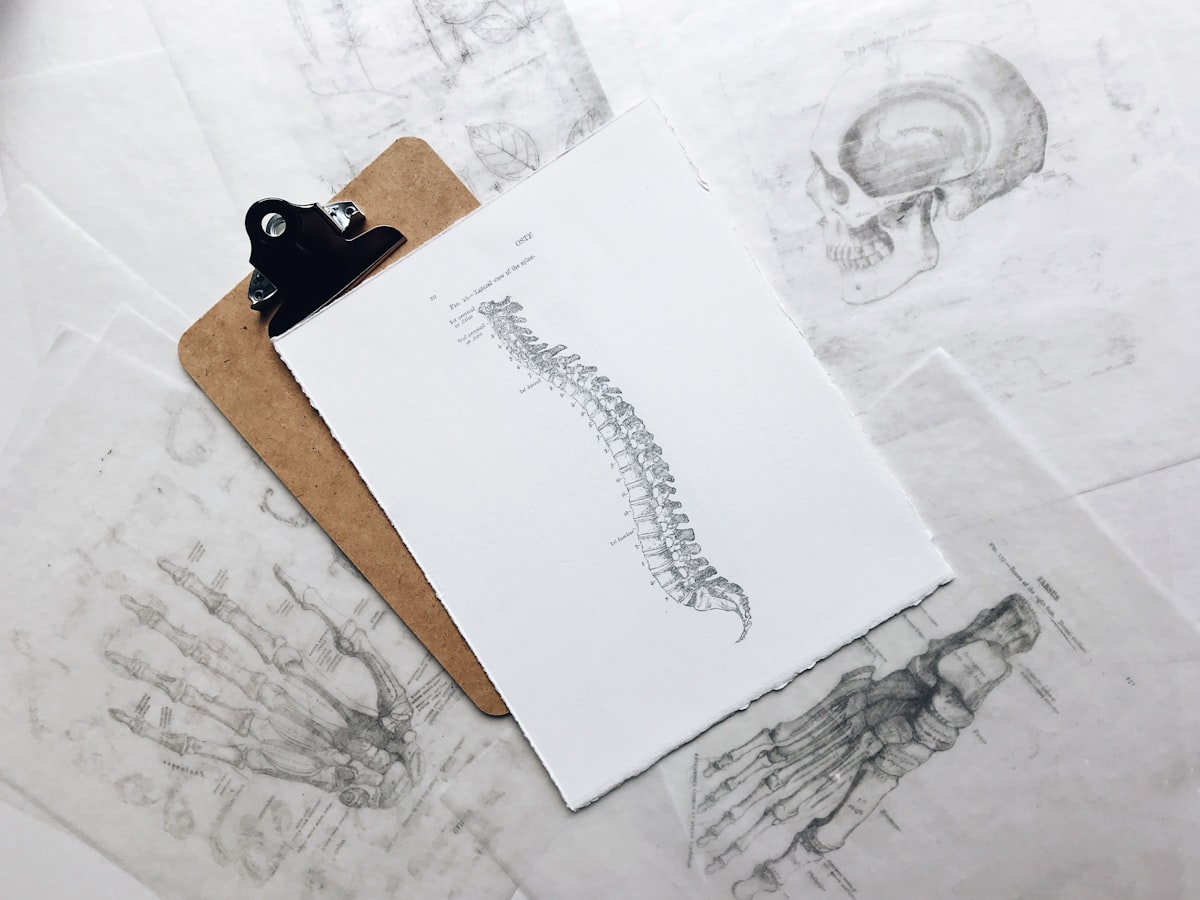
Back pain is a common complaint that can have many different causes, ranging from muscle strain to spinal disc problems. However, back pain can also be a symptom of a more serious underlying condition, such as lung cancer. In fact, research has shown that back pain can sometimes be the first indication of lung cancer, especially when the cancer has spread to the spine. Understanding the link between back pain and lung cancer is crucial for early detection and effective treatment.
The Link Between Back Pain and Lung Cancer
Lung cancer is one of the most common types of cancer and a leading cause of cancer-related deaths worldwide. It often begins in the cells that line the air passages of the lungs and can spread to other parts of the body, including the bones. When lung cancer spreads to the bones, it can lead to back pain. In fact, studies have shown that back pain is a common symptom of lung cancer that has spread to the spine, also known as spinal metastasis.
Spinal metastasis occurs when cancer cells from the lungs travel through the bloodstream or lymphatic system and take root in the bones of the spine. This can cause the bones to weaken and become more susceptible to fractures, leading to back pain. The pain may be constant or intermittent and can be felt anywhere from the neck to the lower back.
The Importance of Early Detection
Back pain is a common complaint and is often attributed to physical activities or aging. However, it is important to pay attention to any persistent or severe back pain, especially if it is accompanied by other symptoms such as coughing, shortness of breath, or unintentional weight loss. These could be signs of lung cancer, especially if the back pain does not improve with rest or over-the-counter pain medications.
Early detection of lung cancer is crucial for successful treatment and improved outcomes. When lung cancer spreads to the spine, it can cause significant pain and discomfort, as well as neurological symptoms such as weakness, numbness, or tingling in the arms or legs. In some cases, spinal metastasis can lead to paralysis if not treated promptly.
Diagnosing the Link Between Back Pain and Lung Cancer
If you are experiencing persistent or severe back pain, especially if it is accompanied by other symptoms, it is important to see a healthcare professional for a thorough evaluation. Your healthcare provider may recommend various tests and imaging studies to determine the cause of your back pain, including X-rays, MRIs, or CT scans. These tests can help identify any abnormalities in the spine or other parts of the body that may be related to lung cancer.
In addition to imaging studies, your healthcare provider may also order blood tests to check for markers of cancer, such as tumor-associated proteins or genetic mutations. If lung cancer is suspected, further tests such as a biopsy may be necessary to confirm the diagnosis and determine the specific type and stage of the cancer. This information is important for developing an effective treatment plan that may include surgery, radiation therapy, chemotherapy, targeted therapy, or immunotherapy.
Managing Back Pain in Lung Cancer Patients
For individuals diagnosed with lung cancer that has spread to the spine, managing back pain is an important part of their overall treatment plan. There are various options for managing back pain in lung cancer patients, including pain medications, physical therapy, and interventions such as nerve blocks or spinal cord stimulation. In some cases, surgery may be necessary to stabilize the spine or remove cancerous tumors from the bones.
It is also important for lung cancer patients to receive comprehensive care that addresses the physical, emotional, and psychological aspects of their condition. Supportive care services, such as palliative care or integrative medicine, can help improve quality of life and manage symptoms such as pain, fatigue, and anxiety. It is crucial for patients to have open communication with their healthcare team and to advocate for their needs and preferences throughout their cancer journey.
Preventing Back Pain in Lung Cancer Patients
Preventing and managing back pain in lung cancer patients requires a holistic approach that considers the individual’s overall health and well-being. This may include regular exercise to improve strength, flexibility, and endurance, as well as maintaining a healthy body weight and proper nutrition to support bone health. Additionally, it is important for individuals with lung cancer to avoid smoking and reduce their exposure to secondhand smoke and environmental toxins that can increase the risk of cancer or exacerbate spine-related symptoms.
In conclusion, back pain can be a symptom of lung cancer, especially when the cancer has spread to the spine. Understanding the link between back pain and lung cancer is crucial for early detection and effective treatment. If you are experiencing persistent or severe back pain, especially if it is accompanied by other symptoms, it is important to seek medical attention for a thorough evaluation. Early detection of lung cancer is crucial for successful treatment and improved outcomes. Additionally, managing and preventing back pain in lung cancer patients requires a comprehensive approach that addresses the physical, emotional, and psychological aspects of their condition. By being proactive in their care, individuals with lung cancer can improve their quality of life and overall well-being.

















